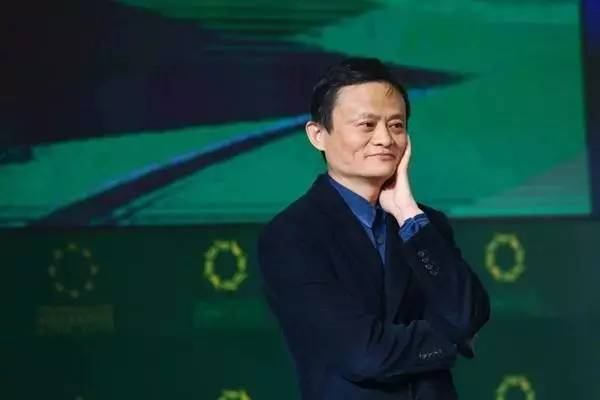(Original Title: After 30 Years, Will Children Be Jobless? Li Xiaohua: Not Necessarily) Recently, Jack Ma made another comment: “Don’t let your kids experience too much play, nor force them into poetry and calligraphy. I can assure you that they won’t find a job when they’re 30.†This statement quickly sparked heated discussions online and topped the trending list of financial topics on microblogs this week. Which Jobs Are Vulnerable to Replacement? With the rapid advancement of the internet and emerging technologies, certain professions and even entire industries are facing significant changes or even extinction. We’ve already seen many positions being taken over by machines and robots in our daily lives. Is it possible that children won’t be able to find work in 30 years? What sectors will be hit hardest by technological progress? And which jobs are more likely to be replaced by new technologies? In response, Li Xiaohua, a researcher at the Institute of Industrial Economics of the Chinese Academy of Social Sciences, stated: “The current trend of machines replacing humans is largely driven by advancements in new technologies, particularly the rapid growth of the artificial intelligence sector. While AI is influenced by hardware, deep algorithms, and big data, ultimately, the integration of these elements requires human oversight. Thus, high-tech industries are unlikely to be fully replaced by machines.†According to Li Xiaohua, there are two primary categories of industries that are most vulnerable to replacement in the future: those with low innovation capacity and those requiring repetitive labor. Will There Be No Jobs at All? No. The experts do not concur with Jack Ma's claim that children will be unable to find jobs in 30 years. Li Xiaohua believes that fears of machines taking over human jobs have existed since the Industrial Revolution. Back then, artisans fought against textile machinery. However, throughout the past two to three centuries of societal development, new technologies and machines have replaced old jobs while creating many more opportunities. Lu Renbo argues that finding a job in the future will depend on adaptability rather than current conditions. “Artificial intelligence improves productivity, allowing us to enjoy the same quality of services but with significantly less time. Tasks that once took eight hours might only take five or even one hour with assistance from AI. This could reduce the workforce needed to sustain families.†“The issue of surplus labor is already common in some developed nations. With scientific progress, a family of five might only need one member working to support the entire household. The rest of the family could focus on other pursuits,†added Lu Renbo. Rational and Calm Perspective on Artificial Intelligence To help everyone better understand the impact of artificial intelligence, Li Xiaohua shared an illustrative tale. A wise man invented a chess game for the king, who loved it immensely. The king promised a reward, and the wise man requested payment according to this rule: place one grain of rice on the first square of the chessboard, two on the second, doubling each subsequent square. Initially, the king found it manageable, but by the halfway point, the amount of rice became astronomical. Li Xiaohua explained: “This mirrors the development of artificial intelligence. With breakthroughs in AI technology, the absolute number of jobs may decrease in the future. We may soon enter this ‘second half’ of the chessboard, where competition between humans and AI intensifies.†Lu Renbo remarked: “Even without AI, the world would still evolve. I think Jack Ma wants to remind us that change is constant, and we must identify new trends. As long as we adapt, our future won’t be as bleak as he suggests.†“In the future, we’ll have more free time. We should cultivate diverse interests instead of focusing solely on work as a means to earn more money,†concluded Lu Zhibo. DongGuan BoFan Technology Co.,Ltd. , https://www.ufriendcc.com